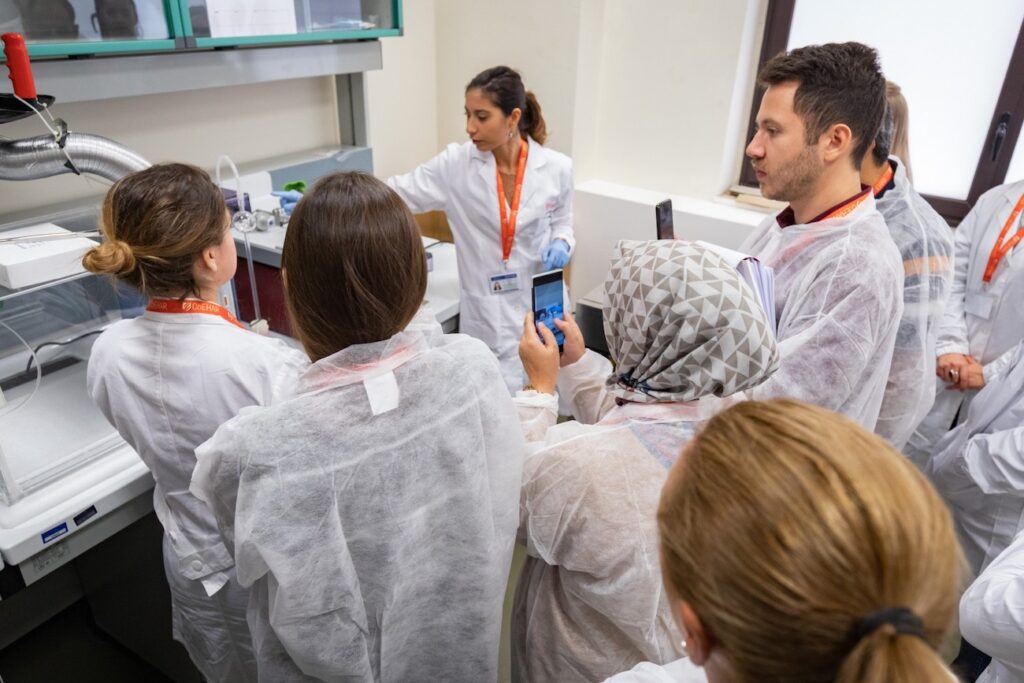CoEHAR researchers replicate the most relevant studies on the topic, demonstrating lower toxicity of nicotine-releasing electronic devices.
Link: https://www.nature.com/articles/s41598-021-03310-y
International Replica project network validated the conclusion of the most important studies on ecigs. It also confirmed the lower toxicity of aerosol produced by electronic cigarettes in comparison to conventional ones.
Catania, 17 December 2021 – Thousands of studies with different and often inconsistent results have been so far the primary snag to evaluate the toxicity of e-cigarettes.
An issue that has impacted Tobacco Harm Reduction internationally, prompting the CoEHAR to undertake an innovative and complex assessment.
“Validate specific and high-quality-standard studies in this field is our mission – said Riccardo Polosa, CoEHAR Founder – thanks to the study, we set an additional milestone on scientific research by defining effective methodological standards for research on e-cigarettes.”
In the last two years, the CoEHAR Replica project confirmed the results obtained from the major international studies. It also validated with additional techniques their outcomes under independent conditions.
The study “Electronic nicotine delivery systems exhibit reduced bronchial epithelial cells toxicity compared to a cigarette: the Replica Project” – published in a journal of the Nature group establishes an international standard in the evaluation of the relative toxicity of human bronchial epithelial cells exposed to cigarette smoke and aerosol from e-cigarettes.
“Our data validate many of the international studies on e-cigarettes – explains Prof. Giovanni Li Volti, CoEHAR director and project leader of the Replica project – from now on we can provide clear and consistent data to help disseminate correct information on harm reduction. In doing so we are also capable to unlock new paths for effective and safer cessation programs”.
The study
International researchers of the Replica project from Italy, Greece, Oman, the USA and Serbia aimed to replicate three major international studies, testing them independently.
Exposure protocols for tests comply with international standards (ISO, CORESTA and HCI), and experimental conditions used in vitro were consistent with those of the smoker.
Firstly, the researcher evaluated diverse smoke toxicity from conventional cigarettes and the volatile component with no nicotine. Therefore, they assess that acute toxicity is mainly induced (about 80%) by the volatile components rather than nicotine. Secondly, researchers exposed different cell cultures to the same amount of nicotine from different products (classic cigarettes, electronic cigarettes) to demonstrate no toxicity associated with the aerosol of electronic cigarettes.
Scientists performed a further comparison between the aerosol from e-cigarettes and heated tobacco products showing no cytotoxic effect on bronchial cells on both products.
“This is a fundamental step for the international research on the electronic cigarettes – stressed prof. Massimo Caruso, CoEHAR researcher involved in the Replica project – In doing so, we developed shared research standards replicable in the future to avoid the proliferation of scientific studies with inaccurate and ineffective methodologies”.

